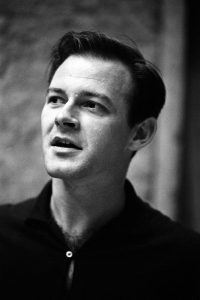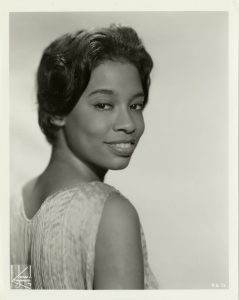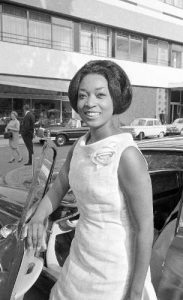Podcast: Play in new window | Download (Duration: 1:52:00 — 113.6MB) | Embed
Subscribe: Spotify | TuneIn | RSS | More
Podcast (https-countermelody-blubrry-net-feed-podcast): Play in new window | Download (Duration: 1:52:00 — 113.6MB) | Embed
Subscribe: RSS
Yesterday was World AIDS Day and many of the people I admire and follow on various social media platforms made beautiful and heartfelt posts in commemoration of this day and all the many souls that have been lost over the decades to this hideous disease. I want to weigh in today with my own tribute: to the exceptional American baritone John Reardon, who died of this disease in 1988 at the age of 58. This is an expanded version of a bonus episode I published more than four years ago which constituted a deep exploration of his recorded legacy, in both live or studio recordings, of musical, opera (especially contemporary works), and art song. You’ll hear guest contributions from the two Judys, (Raskin and Blegen; sorry, no Garland today), as well as Jo Sullivan, Beverly Wolff, Anja Silja, Evelyn Lear, and James McCracken, conducted by Leonard Bernstein, Thomas Beecham, Sarah Caldwell, Erich Leinsdorf, Frederic Waldman, Lehman Engel, Jorge Mester, as well as that great stage director Bliss Hebert doing a guest turn tickling the ivories in two song cycles. If you listen extra closely, you may even hear a line or two from Beverly Sills, Robert Merrill, Cesare Siepi, and Jussi Björling! The episode also includes a birthday tribute to Maria Callas and, as a memorial to all who have succumbed to AIDS, “When Angels Cry,” a song by Janis Ian.
Countermelody is a podcast devoted to the glory and the power of the human voice raised in song. Singer and vocal aficionado Daniel Gundlach explores great singers of the past and present focusing in particular on those who are less well-remembered today than they should be. Daniel’s lifetime in music as a professional countertenor, pianist, vocal coach, voice teacher, and journalist yields an exciting array of anecdotes, impressions, and “inside stories.” At Countermelody’s core is the celebration of great singers of all stripes, their instruments, and the connection they make to the words they sing. By clicking on the following link (https://linktr.ee/CountermelodyPodcast) you can find the dedicated Countermelody website which contains additional content including artist photos and episode setlists. The link will also take you to Countermelody’s Patreon page, where you can pledge your monthly support at whatever level you can afford.




